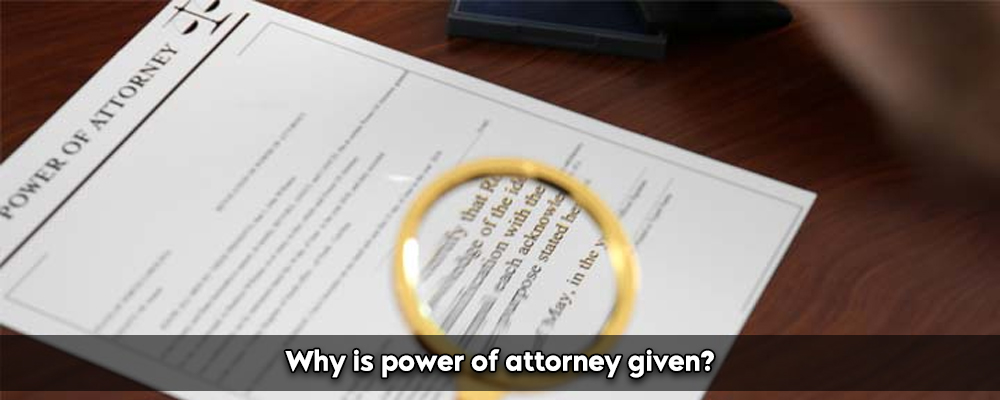A power of attorney (POA) is a crucial legal instrument that enables a person to designate another person or entity to handle his or her property (Power of attorney for property), health care, and financial affairs on his or her behalf while he or she is away. The primary, donor, or grantor is the one who gives the other person the authority to act on her behalf under this agreement. The agent or power of attorney agent, is the one who is designated. The scope of the authorized agent’s legal power to handle financial, medical, and legal matters might vary depending on the terms and circumstances of the Power of Attorney for Property.
Need A Legal Advice
The internet is not a lawyer and neither are you. Talk to a real lawyer about your legal issue

Power of Attorney (POA) Types
- Standard Power of Attorney: This document is sometimes called a limited power of attorney or a general power of attorney (GPA), depending on the scope of the powers granted. This only applies to a certain duty and lasts for a defined period. This capability provides the POA agent with the ability to make both personal and professional judgments.
- Consistent Power of Attorney: A durable POA is made to last a lifetime. As a result, even if the grantor becomes unable or unsuitable to make decisions, the POA agent has the authority to do so. A durable POA often lasts until the grantor’s demise or until the grantor revokes the POA.
- Unexpected Power of Attorney: The springing POA is utilized for a certain event, date, or circumstance, as well as when the grantor is rendered incapable. For instance, a military man can designate a POA agent to manage financial issues if he is handicapped or serving overseas.
- Power of Attorney for Health Care
- Both durable POAs and springing POAs include medical POAs. This instrument is frequently used to make healthcare choices. It must be emphasized that the grantor must be cognizant and in good physical and mental health before the medical POA will take effect. E.g., the grantor’s medical bills may be paid by the POA agent. He is not allowed to choose whether or not to switch off the life support system if the situation calls for it.
Positive aspects of powers of attorney
Even if you are unable to manage your finances and medical care yourself, appointing someone you trust as your power of attorney can give you peace of mind that your intentions will be honored. A well-written power of attorney may guarantee that your loved ones are taken care of, safeguard your possessions, and dispel any claims of financial mismanagement. Powers of attorney might be a huge benefit if you travel a lot.
The attorney-in-fact (sometimes referred to as the “agent”) is given power of attorney (POA) to manage your affairs. The type of POA attorney you specify will determine which matters an attorney-in-fact may manage until the termination of the contract or your death. The decision-making power of an attorney-in-fact takes effect at different times depending on whose POA you select. The POA paperwork needs to be validated before the POA process can start. The principal should not assume that the documents collected are of the right kind since POA documents are crucial. A power of attorney affidavit should also be prepared.
In your state, a power of attorney cannot be used unless it is properly written, signed, and notarized. You must also be of sound mind to sign a power of attorney for it to be recognized by a court. Any explanations that you determine are required for specific phrases may be included in your POA forms. If you’re unsure how to begin or what terminology to use, a lawyer’s help might make the process easier.
If you are searching for a real estate power of attorney lawyer, you can contact Lead India. To address the issue, Lead India provides resources, legal services, and free legal advice online. Talking to a lawyer and asking a legal question will provide the finest counsel in this situation.





 Talk to a Lawyer
Talk to a Lawyer